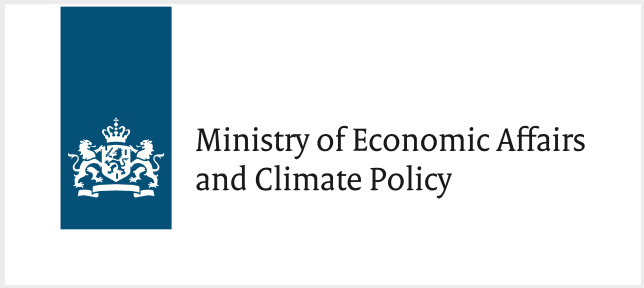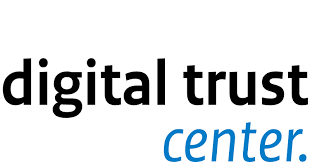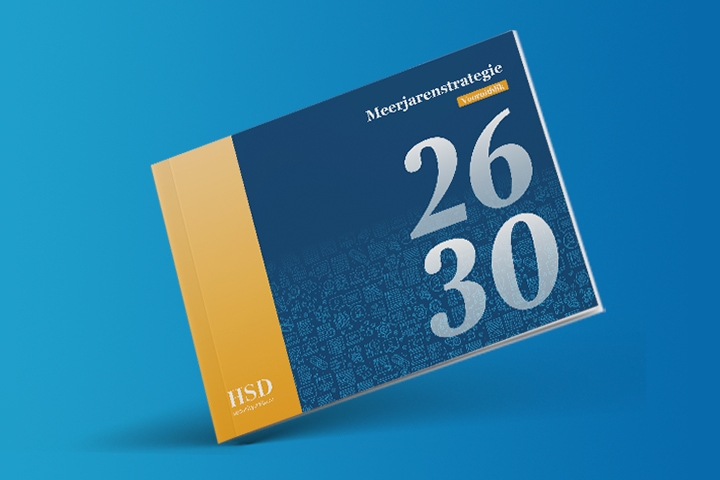Dutch Government Reserves Millions in Funding for Cybersecurity
The Dutch government is spending a large extra amount on cybersecurity in the coming years. On 20 September, the annual budget was presented by the various ministries during Prinsjesdag. The new investments are intended to combat cybercrime more effectively, and to make the Netherlands digitally secure.
Dutch follows English
The Cabinet wants consumers and businesses to be more aware of risks and threats, and for them to be able to defend themselves. Cybersecurity is an essential precondition to keep the Dutch digital economy and society intact, according to the Ministry of Economic Affairs and Climate Policy. Many of the investments that were announced are in line with the Dutch Cybersecurity Strategy, which is yet to be published, but will be carried out next year.
Furthermore, the Ministry of Justice and Security is stimulating the exchange of information between public and private parties. In doing this, the ministry is building on existing initiatives, such as Cyber Info and Intel Cel. There will also be a new edition of the public-private cross-sectorial cyberexercise ISIDOOR.
Funding National Cyber Security Centre Greatly Expanded
The National Cyber Security Centre (NCSC) was allocated a budget of 7 million euros in the current strategy. On top of that, the government has decided to invest an extra 16 million euros, leading to an overall budget that exceeds 23 million euros. The NCSC plays an imporant role in safeguarding the Dutch infrastructure. One reason for this increased investment are the updated European guidelines for digital safety in the EU members states. Another change this has brought about, is that the government announced the National Cybersecurity Centre, the Cyber Security Incident Response Team and the Digital Trust Centre are to join forces.
Distinction Critical and Non-Critical
Currently the NCSC only assists businesses and organisations that are deemed part of 'critical infrastructure' in regards to digital security. These may receive threat information or warnings on leaks in their software. Non-critical organisations need to visit the Digital Trust Centre for information. Combined, these organisations can utilise their capabilities much more effectively, according to the ministry of Justice and Security. The coming years, the ministry of Economic Affairs and Climate Policy is estimating 6.6 million euros on top of this will be spent on cybersecurity, leading up to an amount of 16.1 million euros by 2027. Some of this funding will go to expansion of the DTC, so they can warn individual businesses of threats and risks within their networks.
-----------
Het Nederlandse kabinet trekt veel extra geld uit voor cybersecurity de komende jaren. Op 20 September werd het jaarbudget gepresenteerd tijdens Prinsjesdag. Deze nieuwe investeringen zijn bedoeld om cybercrime tegen te gaan, en om Nederland digitaal weerbaarder en veiliger te maken.
Het kabinet wil dat consumenten en bedrijven zich beter bewust worden van risico's en dreigingen, en dat zij zichzelf hiertegen weerbaar maken. Cybersecurity is een belangrijke voorwaarde om de Nederlandse digitale economie en samenleving sterk te houden, vindt het Ministerie van Economische Zaken en Klimaat. Veel van de aangekondigde investeringen passen binnen de Nederlandse Cybersecurity Strategie, die nog gepubliceerd moet worden, maar wel volgende jaar uitgevoerd zal worden.
Financiering National Cyber Security Centrum Sterk Uitgebreid
Het Nederlands Cyber Security Centrum (NCSC) had een budget van 7 miljoen euro toegekend gekregen binnen de huidige strategie. Daarbovenop heeft de overheid besloten een extra 16 miljoen euro uit te trekken, waardoor het budget van het NCSC nu ruim 23 miljoen euro bedraagt. Het NCSC speelt een belangrijke rol in de bescherming van de Nederlandse infrastructuur. Eén reden voor deze toegenomen financiering zijn de aangescherpte Europese richtlijnen voor digitale veiligheid in de EU lidstaten. Als onderdeel hiervan heeft de overheid aangekondigd dat het Nationaal Cybersecurity Centrum, Cyber Security Incident Response Team en het Digital Trust Centre in de toekomst hun krachten gingen bundelen.
Daarnaast zet het ministerie van Justitie en Veiligheid in op een intensivering van de uitwisseling van informatie tussen publieke en private partijen. Het ministerie bouwt hierbij voort op bestaande initiatieven, zoals Cyber Info en Intel Cel. Ook komt er een nieuwe editie van de publiek-private cross-sectorale cyberoefening ISIDOOR.
Onderscheiding Vitaal Tegenover Non-Vitaal
Op dit moment staat het NCSC alleen bedrijven en organisaties bij die gezien worden als 'vitale infrastructuur' voor de digitale veiligheid. Zij kunnen rekenen op actuele dreigingsinformatie en waarschuwingen over lekken in de door hen gebruikte software. Zogenaamde 'non-vitale' organisaties moeten zich melden bij het Digital Trust Centre voor dergelijke informatie. In samenwerkingen kunnen deze organisaties hun capaciteiten beter benutten, verwacht het ministerie van Justitie en Veiligheid. De komende jaren zal het ministerie van Economische Zaken en Klimaat zo'n 6,6 miljoen euro extra uitgeven aan cybersecurity, tot een bedrag van 16,1 miljoen euro in 2027. Een deel van dit extra budget is gereserveerd voor de uitbreiding van het DTC, zodat zij individuele bedrijven kunnen waarschuwen over bedreigingen en risico's binnen hun netwerken.























